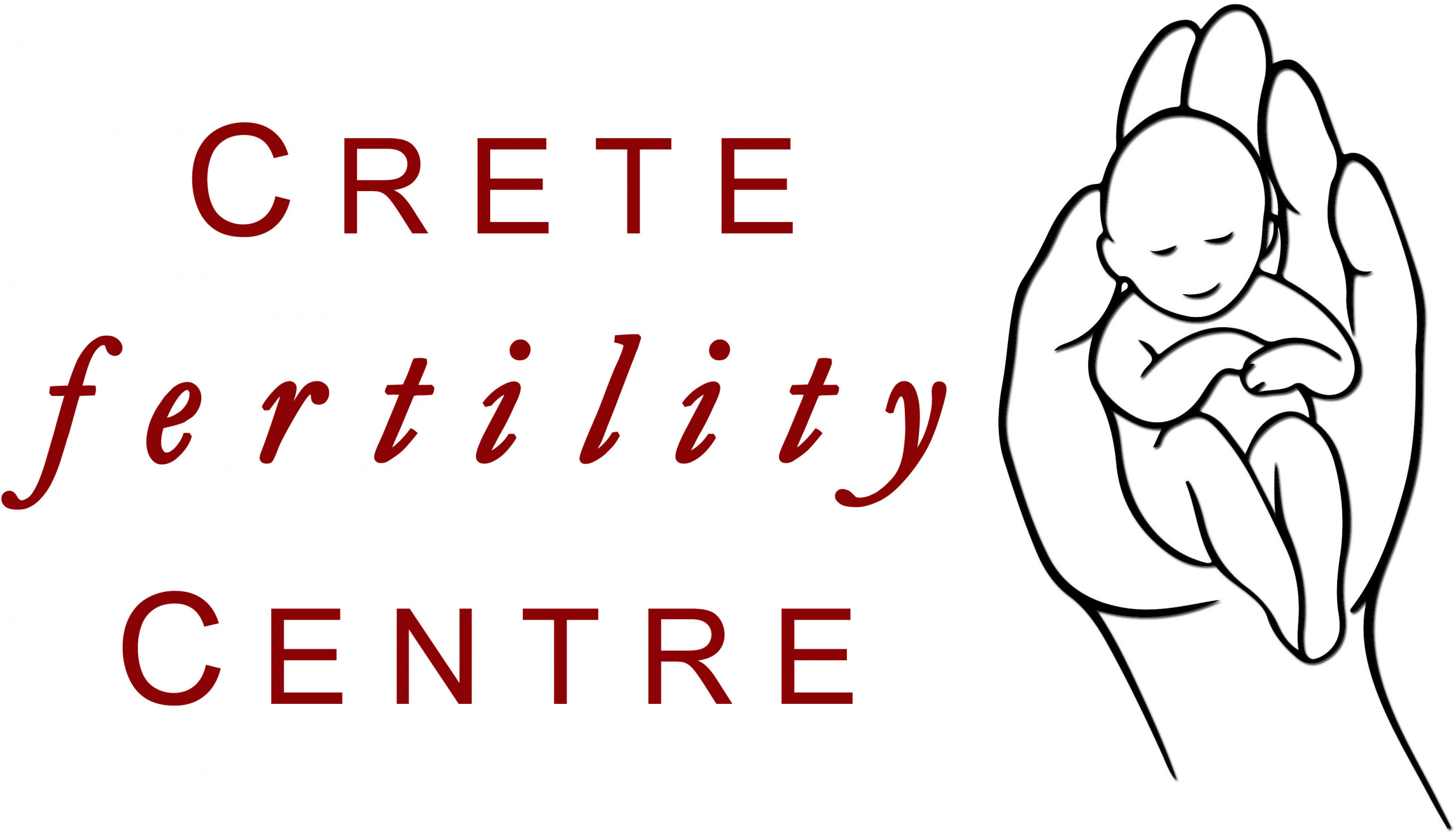Increasing female fertility and stopping the aging process in human egg cells

All around the world,a rising percentage of women are waiting till their late thirties or even their forties to have their first child. Their eggs are quickly aging at this stage, so even with IVF, their chances of getting pregnant are far from certain.
In humans, egg cells begin to accumulate damage to their genetic material when a woman is relatively young. Often by the time she is in her late-thirties, her eggs have accumulated so much damage to the DNA that they are unable to mature and be fertilized. Scientists successfully identified one of the aging processes that prevent the successful maturation of an egg cell. Most importantly among them is the loss of the regulation processes that normally stop the damaging parts of DNA from becoming active.
The thought that some of our DNA contains genetic material that might be harmful is in many ways bizarre to consider. In fact, roughly 50% of human genome is made up of virus-like sequences or virus fragments that, if permitted to be activated through expression, can seriously harm DNA.
The system’s inability to keep these harmful components suppressed and inactive is brought on by age. Using mouse and human egg cells, researchers not only pinpointed the specifics of these processes but also shown how they are interconnected and eventually stop an egg cell from maturing.
The team next employed chemicals that mimicked the real processes that stop repression of specific DNA regions in the egg cell and release the DNA-damaging viruses to corroborate their findings. The team was able to connect the processes of genomic regulatory loss with the development of harmful components in aged egg cells by simulating the aging processes.
The last phase of the investigation looked at methods to stop the damaging aging processes happening inside an egg cell. Antiviral medications could be able to stop this process and the ensuing harm if viruses or fragments of viruses were released and activated in aging eggs.
In their publication, the researchers demonstrated that anti-viral medications did in fact halt the progression of the condition in mouse egg cells, restoring them to their former youth! Similar achievement has also been achieved by genetically altering the DNA of mouse egg cells to introduce two genes; these genes create enzymes that block the sequence of events that would otherwise activate the DNA’s harmful components. Experts claim that within a decade ,there will be the possibility to boost fertility among elderly women utilizing anti-viral medications.




